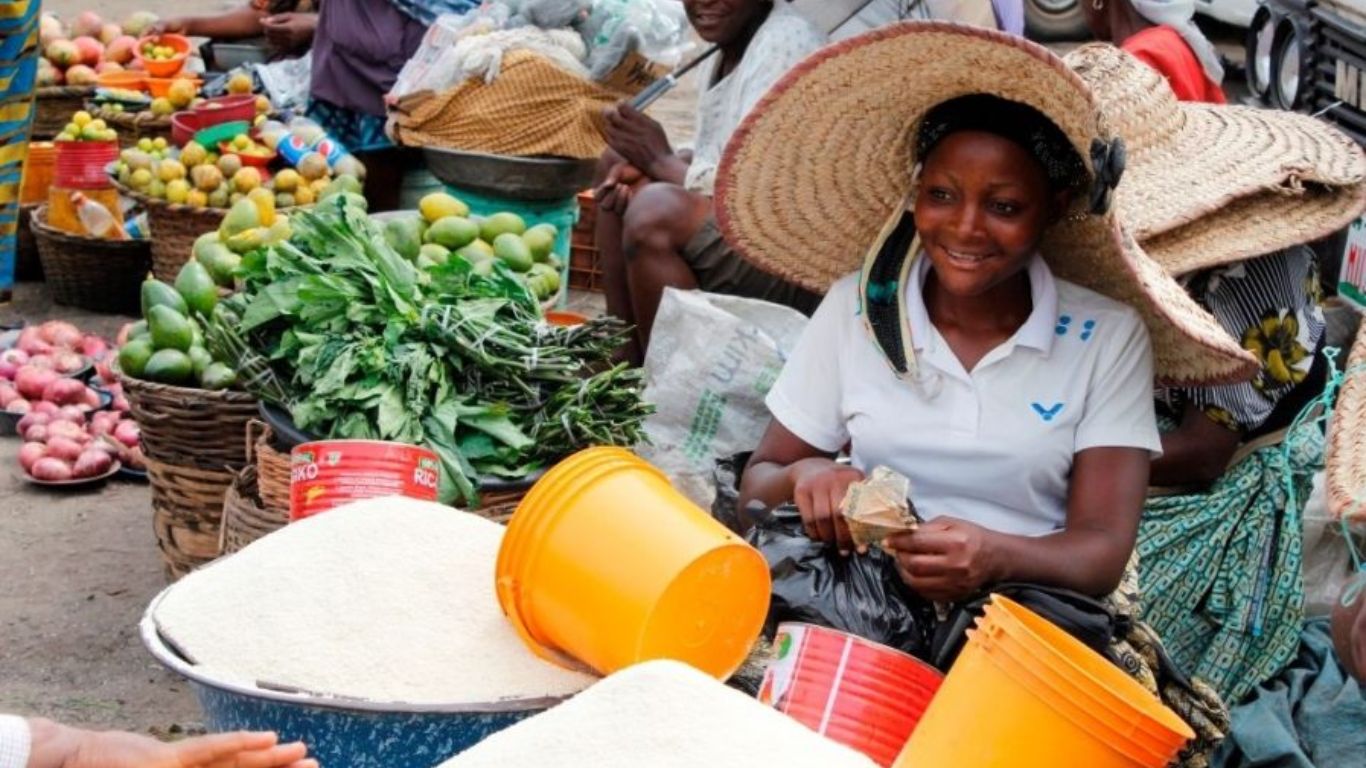
Nigeria’s Inflation Hits 34.6% In November 2024 Amid Rising Costs
The National Bureau of Statistics (NBS) has reported that Nigeria’s inflation rate rose to 34.6% in November 2024, marking a 0.72 percentage point increase from the 33.88% recorded in October. This latest figure reflects the continued strain on consumer purchasing power, as prices for goods and services maintain an upward trajectory.
On a year-on-year basis, the inflation rate was 6.4 percentage points higher than November 2023's figure of 28.2%. While inflation continues to surge annually, the month-on-month increase slowed slightly, with November’s rate at 2.64% compared to 2.638% in October. This marginal reduction indicates a slower pace of price increases for the month.
Food inflation, a critical concern for many Nigerians, reached a staggering 39.93% year-on-year in November, up from 32.84% in the same period last year. The rise was driven by soaring prices of staples such as yam, rice, maize, and oils. On a month-to-month basis, food inflation edged up to 2.98%, highlighting ongoing challenges in the agricultural and food distribution sectors.
Urban inflation stood at 37.1% year-on-year, significantly higher than rural inflation at 32.27%. This disparity underscores the intensified cost pressures in Nigeria’s cities, where housing, transport, and energy prices contribute heavily to the overall inflation figures.
State-level data revealed significant variations in inflation rates. Bauchi recorded the highest year-on-year inflation at 46.21%, followed by Kebbi at 42.41%. Meanwhile, Delta, Benue, and Katsina reported the lowest inflation rates, with Delta at 27.47%. Month-to-month increases were led by Yobe (5.14%) and Kebbi (5.10%), while Adamawa and Osun experienced the slowest rises at 0.95% and 1.12%, respectively.
Core inflation, which excludes volatile items like food and energy, was reported at 28.75%, reflecting significant price increases for transportation, housing, and personal care services. These figures highlight a broad-based rise in costs, with no sector immune to the inflationary pressure.
The inflation spike, fueled by a combination of currency devaluation, high transportation costs, and lingering disruptions in local production, continues to place a heavy burden on households and businesses alike. Economists warn that without decisive policy interventions to stabilize prices and boost domestic production, inflation may remain a persistent challenge heading into 2025.
The latest inflation figures paint a stark picture of Nigeria’s economic landscape, where rising costs are eroding disposable incomes and increasing the hardship for many citizens. As the government looks to address these issues, the focus will likely remain on enhancing food security, improving infrastructure, and managing monetary policies to ease the financial strain on Nigerians.